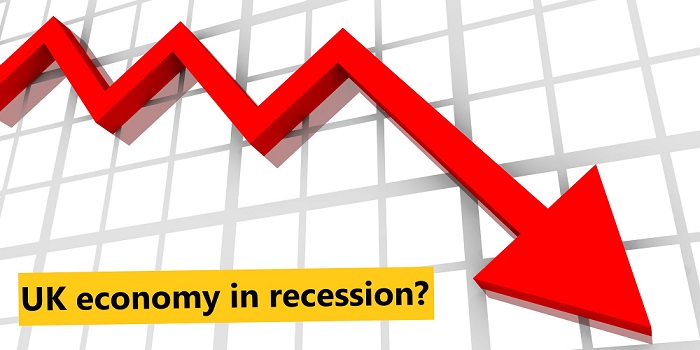Potential reasons for an economic contraction in the UK could include:
- Global Economic Conditions: Economic downturns in major trading partners or a global recession can negatively impact the UK economy. Reduced demand for exports can lead to a decline in economic activity.
- Domestic Demand Issues: Factors such as high levels of household debt, low consumer confidence, or changes in government policy affecting spending can lead to decreased domestic demand for goods and services.
- Political and Policy Uncertainty: Uncertainty related to political events, such as elections or significant policy changes, can impact business and consumer confidence, leading to reduced investment and spending.
- Supply Chain Disruptions: Events like the COVID-19 pandemic, natural disasters, or geopolitical tensions can disrupt global and domestic supply chains, affecting production and economic growth.
- Financial Market Volatility: Instability in financial markets, including stock market crashes or banking crises, can have a cascading effect on the broader economy.
- Currency Fluctuations: Sudden and significant changes in the value of the national currency can impact trade and foreign investment, affecting the overall economic health.
- Inflation and Interest Rates: High inflation or interest rates can lead to reduced consumer spending and investment, putting a strain on economic growth.
- Structural Issues: Long-term structural issues, such as an aging population, inadequate infrastructure, or labor market challenges, can hinder economic growth.

